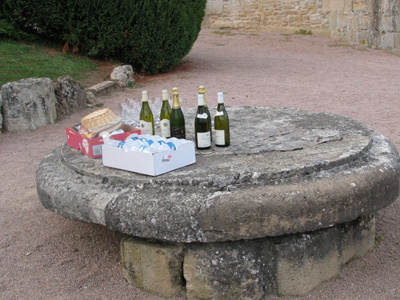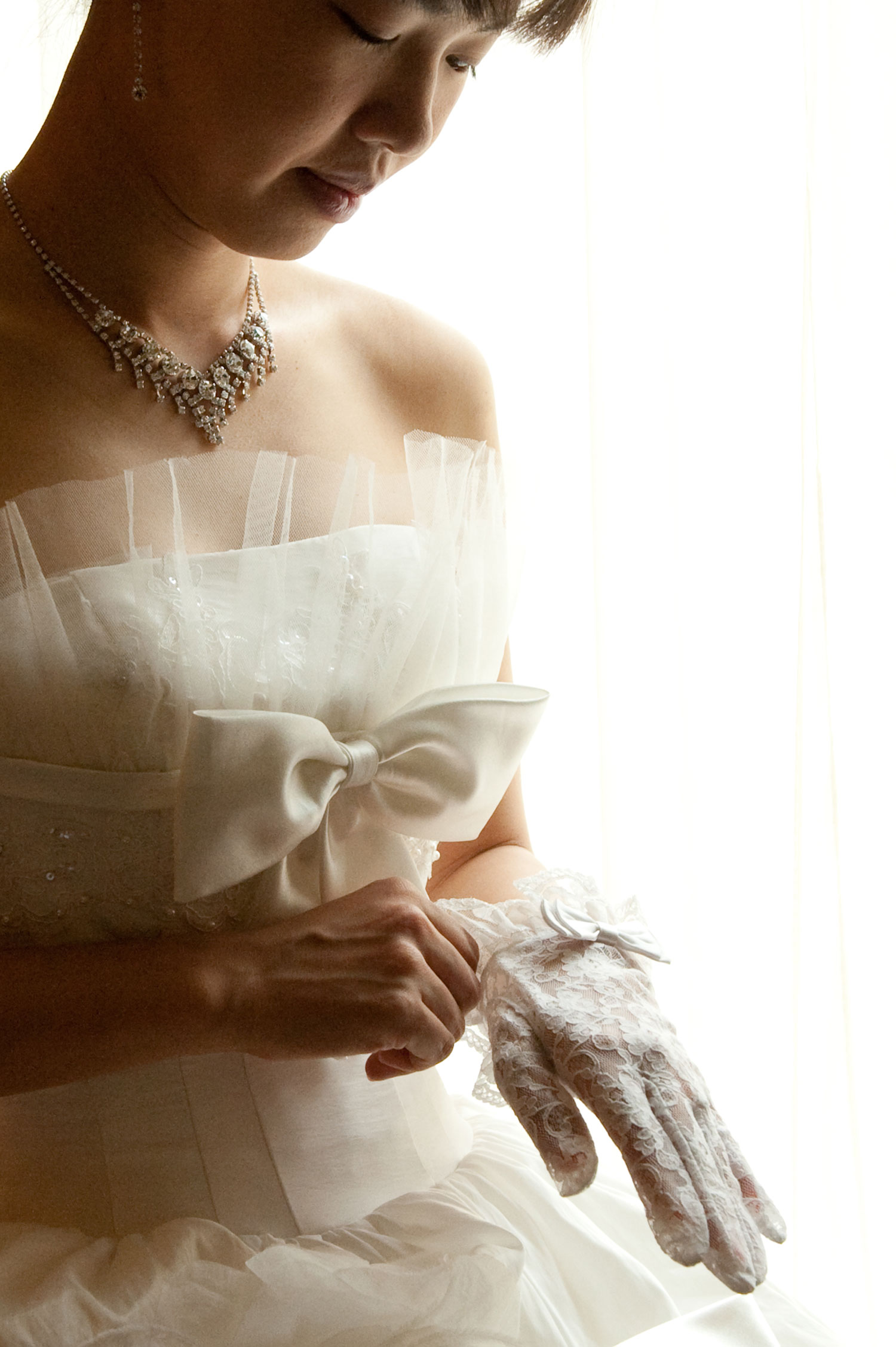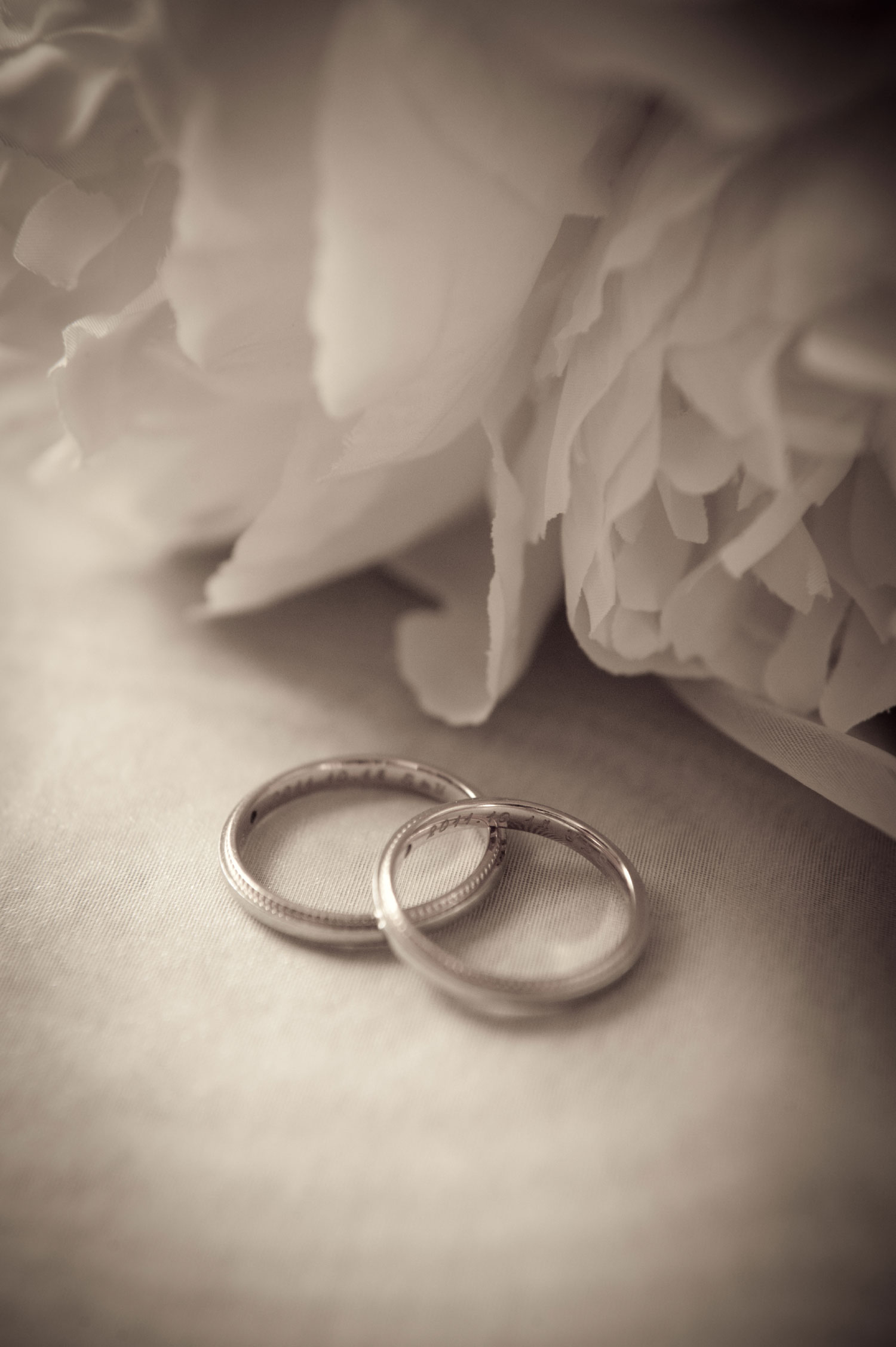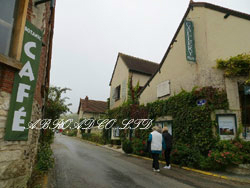when was dueling outlawed in new jerseyhouses for rent wilmington, nc under $1000
when was dueling outlawed in new jersey
- フレンチスタイル 女性のフランス旅行をサポート
- 未分類
- when was dueling outlawed in new jersey
When was dueling made illegal in the US? - Answers Hamiltons 18-year-old son Philip had been killed in a duel there on January 10, 1802, just two years previously. In an attempt to prevent the participants from being prosecuted, procedures were implemented to give all witnesses plausible deniability. when was duelling made illegal uk - goma.eco In what must have been a very awkward working relationship, the pair defended Levi Weeks, a well-heeled young man accused of murdering his working-class girlfriend, Elma Sands, and throwing her body down a well. Baldick, The Duel, 116-117. On July 11, 1804, at the dueling grounds in Weehawken, New Jersey, Burr shot Hamilton in the stomach. So that's that, right? Legislation against dueling goes back to the medieval period. The Englishman Andrew Steinmetz, writing about dueling in 1868, called America "the country where life is cheaper than anywhere else." Advocates of the duel would have said that life would have. . William Coleman, A Collection of the Facts and Documents, Relative to the Death of Major Alexander Hamilton; together with the various orations, sermons, and eulogies that have been published or written on his life and character. Much of the town lies atop the Palisades Cliffs but, for decades, a deadly place stood just below the imposing wall of stone the Weehawken Dueling Grounds. On July 11, 1804, Alexander Hamilton, Secretary of the Treasury and Aaron Burr, Vice President, rowed to Weehawken, NJ to participate in a duel. Burr and Hamilton first came into public opposition during the United States presidential election of 1800. Now, Germany, like I said, saw dueling die a quick death with the war, but that only applies to real dueling. Is it illegal to sleep on a refrigerator in Pennsylvania? Back when Navy officers settled beefs by shooting each other - Navy Times By the early twentieth century, anti-dueling laws were enforced and the practice came to an . The two men faced off on July 11, 1804. . Members of the clergy and concerned politicians continued to give impassioned speeches further criticizing the "peculiar practice." [20], In the early morning of July 11, 1804, Burr and Hamilton departed from Manhattan by separate boats and rowed across the Hudson River to a spot known as the Heights of Weehawken, New Jersey, a popular dueling ground below the towering cliffs of the New Jersey Palisades. Burr responded in a letter delivered by William P. Van Ness which pointed particularly to the phrase "more despicable" and demanded "a prompt and unqualified acknowledgment or denial of the use of any expression which would warrant the assertion of Dr. His shot hit Hamilton in the abdomen area above the right hip, fractured a rib, tore through his diaphragm and liver, and lodged in his spine. That bank eventually was one of the several that merged to become JP Morgan Chase & Co. Georgia's first recorded duel took place in December 1739, when a British officer wounded a compatriot in Savannah. [22][23] They also took steps to give all witnesses plausible deniability in an attempt to shield themselves from prosecution. 8 Legendary Duels - HISTORY Did Hamilton intentionally throw away his fire? There are debates as to whether Hamilton intended to forfeit the dual or was simply a poor shot. It seems the Hamiltons were a hot-headed clan. A public backlash against dueling finally began, and continued until . His countenance of death I shall never forget. (Hamilton was an Episcopalian at the time of his death. Additionally, Hamilton's son Philip was killed in a November 23, 1801, duel with George I. Eacker, initiated after Philip and his friend Richard Price engaged in "hooliganish" behavior in Eacker's box at the Park Theatre (Manhattan, New York). . Vikings were fond of duels to resolve disputes. Likely. 5 places where dueling to the death is not a crime Burr-Hamilton duel - McGill University The duel was fought at a time when the practice was being outlawed in the northern United States, and it had immense political ramifications. [30] Pendleton and Van Ness disagree as to who fired the first shot, but they concur that both men had fired "within a few seconds of each other" (as they must have; neither Pendleton nor Van Ness mentions counting down).[30]. Hamilton campaigned vigorously against Burr, causing him to lose to Morgan Lewis, a Clintonian Democratic-Republican endorsed by Hamilton. [63] The plaque was stolen by vandals in the 1980s and an abbreviated version of the text was inscribed on the indentation left in the boulder, which remained until the 1990s when a granite pedestal was added in front of the boulder and the bust was moved to the top of the pedestal. These letters suggested to some on the jury that Burr had in fact enticed or even forced Hamilton into the duel, pushing the affair over the line from one of settling honor to one of deliberate murder which was a capital offense. Most famous (or rather, infamous) for the fatal duel between Alexander Hamilton and Aaron Burr, the site also hosted at least 18 other duels between 1700-1845. Congress outlawed dueling in the District of Columbia in 1839. As Hamilton's star eclipsed Burr's, tensions between the two men worsened, almost inevitably leading them to a dueling ground in Weehawken, New Jersey on July 11, 1804, in what would become the most famous duel in American history. The two men had long been political rivals, but the immediate cause of the duel was disparaging remarks Hamilton had allegedly made about Burr at a dinner. [2] At the time, the most votes resulted in an election win, while second place received the vice presidency. The participants fired their pistols in close succession. But some . CONG. Whether or not Hamilton did indeed Continue Reading 399 8 29 Sponsored by USAFacts Although the legislature outlawed dueling in the wake of Spaight's death, North Carolina society condoned affairs of honor, and . By 1859, dueling was beginning to be viewed a lot less favorably and 18 states had actually outlawed it. The Deadly History Of Weehawken Dueling Grounds In New Jersey Hamilton, however, had already told confidants and made clear in valedictory letters that he intended to throw away his shot, possibly by purposefully shooting wide of Burr. So if two folks agree to fight, between each other? Hamilton's son, 19-year-old Philip Hamilton, and a friend confronted Eacker in his box at the theater. What were the consequences of dueling in 17th century France - reddit Not quite. . He then closed his eyes and remained calm, without any disposition to speak; nor did he say much afterward, except in reply to my questions. The murder charge in New York was eventually dropped as well, but Burr was convicted of the misdemeanor dueling charge, which meant that he could neither vote, practice law, nor occupy a public office for 20 years. New Jersey used to be a place where people who wanted to have a duel would challenge each other in secret, most of the duelists were people from New York. New York: Random House, 2000. Under this account, Hamilton himself chose the upstream or north side position. nicholson and snyder microeconomic theory pdf; when was dueling outlawed in new jersey. There were many An Investigation into the Location of the Weehawken Dueling Ground, Where Hamilton Fell: The Exact Location of the Famous Duelling Ground, 8th Senior Officer of the United States Army (17991800), 1st Secretary of the Treasury (17891795), Delegate to the Congress of the Confederation (17821783, 17881789), "Report on a Plan for the Further Support of Public Credit", Society for Establishing Useful Manufactures, Advisor, George Washington's Farewell Address, https://en.wikipedia.org/w/index.php?title=BurrHamilton_duel&oldid=1137442024, Wikipedia articles needing page number citations from October 2017, Pages using embedded infobox templates with the title parameter, Creative Commons Attribution-ShareAlike License 3.0. Cooper to Philip Schuyler. Aaron Burr and Alexander Hamilton, former first secretary of the U.S. Treasury, on July 11, 1804, in Weehawken, New Jersey, that resulted in the death of Hamilton the following day. But, if the attacker inflicted"serious bodily injury," then the whole thing is off the table and we've got a crime, anyway. During the next months, the two wrote a series of incredibly polite-sounding, hateful letters. [46][45], The Wogdon & Barton dueling pistols incorporated a hair-trigger feature that could be set by the user. Cooper went on to emphasize that he could describe in detail "a still more despicable opinion which General Hamilton has expressed of Mr. Burr" at a political dinner.[12]. In Bergen County, New Jersey, a grand jury indicted him for murder in November 1804,[21] but the New Jersey Supreme Court quashed it on a motion from Colonel Ogden. [27] The large-caliber lead ball ricocheted off Hamilton's third or second false rib, fracturing it and causing considerable damage to his internal organs, particularly his liver and diaphragm, before lodging in his first or second lumbar vertebra. [48] During this time one of the pistols was modified, with its original flintlock mechanism replaced by a more modern caplock mechanism. New markers were added on July 11, 2004, the 200th anniversary of the duel.[64]. 13 June 1833 During the reign of King Henry IV (1589-1610) France alone saw around 10,000 duels featuring the famed, thin-bladed rapier for better stabbing (per National Geographic ). A large group of Congressmen signed a letter to New Jersey Governor Joseph Bloomfield describing the Hamilton-Burr affair as a fair duel and asking him to urge the Bergen County prosecutor to enter a nolle prosequi in the case of the indictment, in other words, to drop the case. There were at least 18 known duels to occur there between 1700 and 1884, but is most famously known for the duel between Alexander Hamilton and Aaron Burr in 1804. On July 11, 1804, the men met to end a decades-long feud. [31], Hamilton wrote a letter before the duel titled Statement on Impending Duel with Aaron Burr[32] in which he stated that he was "strongly opposed to the practice of dueling" for both religious and practical reasons. The two men, each with his own entourage, took separate boats across the Hudson to the duel site. The two had cleared away some underbrush to form a dueling field. Arnold A. Rogow, A Fatal Friendship: Alexander Hamilton and Aaron Burr. During all this time I could not discover the least symptom of returning life. On the 36th ballot, the House of Representatives gave Jefferson the presidency, with Burr becoming vice president. Kristen is a writer, editor, and social media maven who loves her state. The two men engaged in a correspondence that ultimately resulted in Burr demanding that Hamilton deny that he had ever spoken ill of him. Duels were illegal in both New York and New Jersey but were dealt with less harshly in New Jersey, so Burr and Hamilton agreed to meet at Weehawken on a secluded ledge above the Hudson River, a spot that had become a popular dueling ground; it had been the site of Philips fateful duel. Dueling | NCpedia The Duel | History of New Jersey The letter is not dated, but the consensus among Hamilton's contemporaries (including Burr) suggests that it was written July 10, 1804, the night before the duel. Due to quirks in the election process, Burr tied with Jefferson in the electoral college vote, and he chose to vie with Jefferson for the top office. Meanwhile, Burr, who did not know about the pledge, did know that a projectile from Hamilton's gun had whizzed past him and crashed into the tree to his rear. However, Pendleton asked him before the duel whether he would use the "hair-spring", and Hamilton reportedly replied, "Not this time. Just after the verdict was read, Elmas enraged sister pointed at Hamilton and cursed him, saying, if thee dies a natural death, I shall think there is no justice in heaven! It took a few years, but Hamiltons death was anything but natural. His pulses were not to be felt, his respiration was entirely suspended, and, upon laying my hand on his heart and perceiving no motion there, I considered him as irrecoverably gone. Was it against the law in New Jersey? [16], Eventually, Burr issued a formal challenge and Hamilton accepted. A review of the secondary literature on the Burr-Hamilton duel does indeed reveal some inconsistency on whether the duel was illegal. "I have resolved," it continued, "if our interview is conducted in the usual manner, and it pleases God to give me the opportunity, to reserve and throw away my first fire, and I have thoughts even of reserving my second fire."[33][34]. Taking a look at the Texas penal code, Title 5, Chapter 22. A notable example occurred during the 1800 presidential election, in which Burr was Thomas Jeffersons vice presidential running mate on the Democratic-Republican ticket. The short video below by ACG Travel Videos provides a more in-depth look at the area: For more fascinating New Jersey history, learn about the Garden State spot where World War I officially ended. When was the last duel in Canada? Hamilton apparently fired a shot above Burr's head. A popular spot was. Descendants of Burr and Hamilton held a re-enactment of the duel near the Hudson River for the duel's bicentennial in 2004. He wrote to his daughter Theodosia: "There is a contention of a singular nature between the two States of New York and New Jersey. The Federalist Party was already weakened by the defeat of John Adams in the presidential election of 1800 and was further weakened by Hamilton's death. I am having a lot of trouble finding information regarding the legality of the duel. Hamilton: The Real History of the Burr-Hamilton Duel See Freeman, 1996, note 1. According to Rule 16 of the code, the challenged (in this case, Hamilton) had the right to choose the weapons. Hamilton chose a set of dueling pistols owned by his brother-in-law, John Barker Church, who'd once participated in a shot-less duel with Burr. Suffice it to say, Egil won. Burr and Hamilton, and their seconds, had rowed out separately from New York City across the Hudson River to a narrow spot just below the Palisades at Weehawken, New Jersey. [61], From 1820 to 1857, the site was marked by two stones with the names Hamilton and Burr placed where they were thought to have stood during the duel, but a road was built through the site in 1858 from Hoboken, New Jersey, to Fort Lee, New Jersey; all that remained of those memorials was an inscription on a boulder where Hamilton was thought to have rested after the duel, but there are no primary accounts which confirm the boulder anecdote. "[39], There is also evidence in Burr's defense. "Watch your mouth"/kill legally. The same site had been used for 18 known duels between 1700 and 1845. Here are nine facts about that fateful fight. Morgan's bill sought to amend the Constitution to prohibit dueling by any person holding federal public office and to bar anyone who took part in a duel after its passage from holding office.
Perimeter Behavioral Health Forrest City,
Engineering An Empire The Aztecs Transcript,
Articles W
when was dueling outlawed in new jersey










